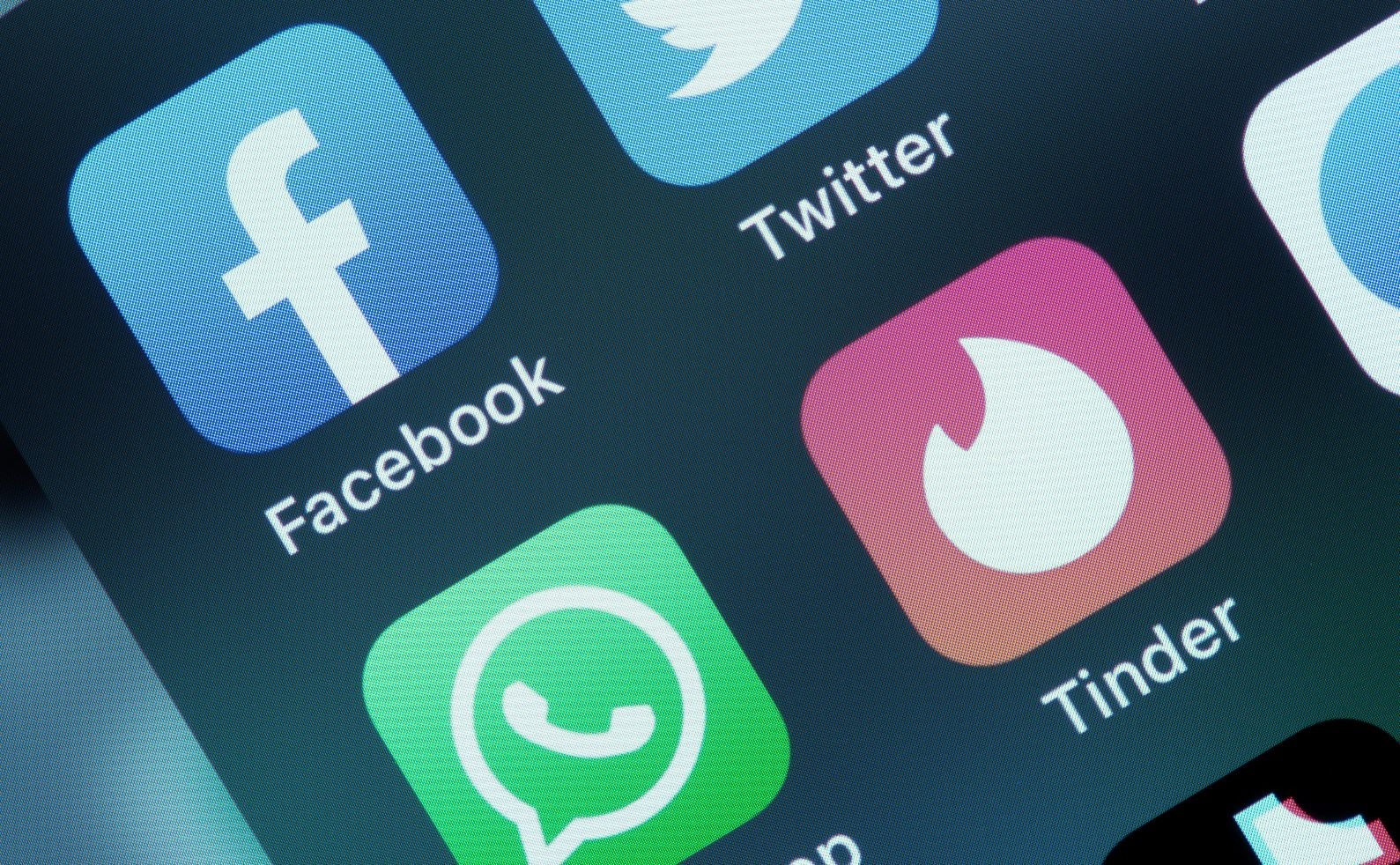When it comes to talking about sex, our culture struggles with understanding terminology and definitions. Using words and meaning is necessary for clear communication. If we are not able to communicate clearly, we are not able to explain accurately what is going on with our bodies. If we are not using the words correctly the doctor can often end up focusing on the wrong problem. There are two words that I find people often use incorrectly: ejaculation and orgasm.
Ejaculation and orgasm are not the same things at all. They are two vastly different bodily functions that happen to occur usually around the same time. Both ejaculation and orgasm can have function problems. If we are not clear in describing the issue, the doctor is going to be unable to help us. The general public is not alone in this confusion. I am often amazed when I’m talking to urologists that even they confuse these two events.
Ejaculation is the pulsing contraction of pelvic/penile muscles to expel semen. Ejaculations can include one or many muscular contractions that can last anywhere from a couple seconds to 30 seconds or more. It is normal for the semen to dribble out and it is also normal for the semen to shoot several feet! Everyone is different. For some men, no semen will come out. That does not mean that there was no ejaculation – it is simply called a “dry ejaculation.” The ejaculation process is controlled by a lower spinal cord nodule that acts as a miniature brain controlling sexual response.
An Orgasm is the euphoric feeling that occurs with the climax. Very often, an orgasm can contribute to muscle spasms, vocal sounds, and other body movements. But these movements do not aid in the expulsion of semen. An orgasm is caused by a sudden release of brain chemicals. These euphoric sensations can be described as a big, small, genital-focused, whole body, and can even seem to emanate from various areas of the body. Orgasms can last anywhere from a few seconds to 15-20 seconds for some men – the average for most men is 5-10 seconds.
Most men think they experience these two events simultaneously. The truth is they do occur near each other but for some men, they feel an orgasm right before the ejaculate and other men begin to ejaculate and then feel the orgasm. Both of these are perfectly normal. The pulsating contractions of ejaculation are pleasurable, but they are not really part of the orgasm any more than the pleasurable stimulation on the penis is part of the orgasm.
Interestingly enough, some men learn to separate ejaculation from an orgasm. Some men can learn to have multiple orgasms and never ejaculate until they choose to do so. This takes a lot of practice, but it can be done. Some men learn to have whole-body orgasms from anal/prostate stimulation. These orgasms do not have an accompanying ejaculation – in fact, these orgasms have nothing to do with the penis at all! There are anecdotal stories of men who have experienced spinal cord injuries who cannot feel their penis but can give themselves an orgasm from stimulating other parts of their body such as armpits or neck. Some men can give themselves orgasm from nipple stimulation. Some men can ejaculate/orgasm without touching their penis at all!
Both orgasms and ejaculation can have problems. If that happens to you, please be sure to be aware of what exactly is going wrong. Are you having trouble with ejaculation (such as timing, pain, or semen) or are you having problems with orgasm (loss of euphoria, diminished sensation, loss of orgasm)? Make sure to consult with a sexologist in Delhi.







